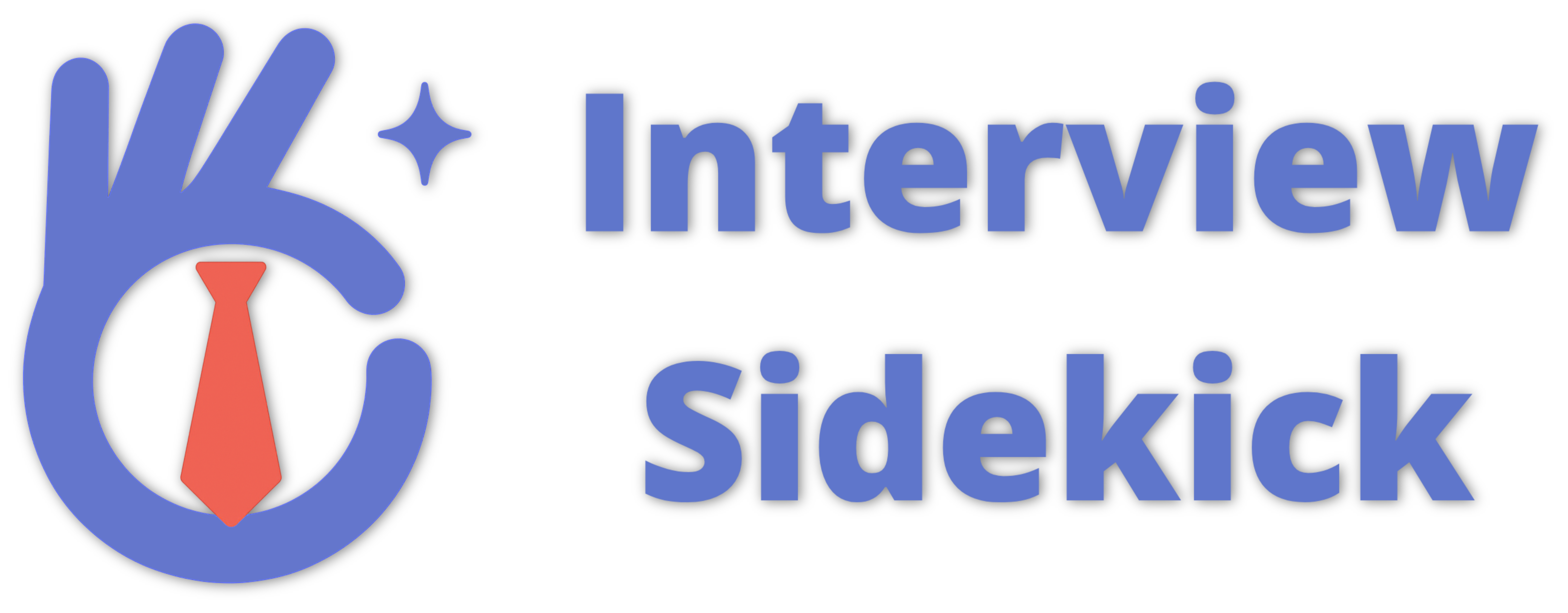The Ultimate Guide to GCP BigQuery Interview Questions

Key Takeaway: Preparing for a GCP BigQuery interview? Whether you’re applying for data roles in the U.S., India, Europe, or at a global remote company, BigQuery interviews test your knowledge of cloud data warehousing, SQL, and scalable analytics. This guide covers essential topics - including BigQuery architecture (Dremel, Colossus, Jupiter), partitioning, clustering, security, and integrations with tools like Dataflow, Looker, and Pub/Sub. With Interview Sidekick’s AI-driven prep tools, you can simulate BigQuery case questions, write real SQL queries, and get feedback tailored to enterprise-level data roles.
Why GCP BigQuery Interview Questions Reveal More Than SQL Knowledge
If you're interviewing for a data engineering, analytics, or cloud-based BI role, there's a strong chance you'll be asked GCP BigQuery interview questions. As Google Cloud's enterprise data warehouse solution, BigQuery is used for real-time analytics, large-scale query optimization, and seamless integration with modern data stacks.
GCP BigQuery interview questions test more than your SQL writing skills. Employers want to know if you can think critically about cost optimization, schema design, security, and integration. In this blog, you’ll get a full breakdown of essential GCP BigQuery interview questions, structured STAR method responses, and smart preparation tips-powered by Interview Sidekick.
What Employers Look for in GCP BigQuery Interview Questions
Can you write performant and optimized SQL for massive datasets?
Do you understand partitioning, clustering, and sharding strategies?
Can you work with federated data sources and streaming pipelines?
Do you know the cost model of BigQuery?
How well do you explain and collaborate with cross-functional teams?
Common GCP BigQuery Interview Questions (With Answers)
1. What is BigQuery in GCP, and how is it different from traditional databases?
"BigQuery is a serverless, highly scalable data warehouse offered by Google Cloud Platform. Unlike traditional databases, it separates storage and compute, allowing instant scalability, and uses a pay-per-query model."
2. What are GCP BigQuery datasets, tables, and projects?
"A project is a top-level container in GCP. Within a project, you can have multiple datasets (which act like schemas), and each dataset contains one or more tables. Tables are used to store actual data rows."
3. How does GCP BigQuery handle partitioning and clustering?
"Partitioning allows you to divide your table based on a column (typically a timestamp) to improve performance and cost efficiency. Clustering organizes data within partitions by specified columns to reduce the amount of data scanned."
4. What are common ways to ingest data into GCP BigQuery?
"You can load data via batch jobs (CSV, JSON, Avro, Parquet), stream data using the insertAll API or Pub/Sub, or use federated queries to access data from Cloud Storage, Google Sheets, or Cloud SQL."
Scenario-Based GCP BigQuery Interview Questions Using STAR Method
Question: Tell me about a time you optimized a slow-running GCP BigQuery query.
Sample STAR Answer: "While analyzing a customer engagement dataset over 12 TB (Situation), I noticed recurring timeouts in a dashboard view (Task). I rewrote the query to use partitioned tables, clustered by user_id, and replaced SELECT * with explicit columns (Action). The result was a 90% reduction in data scanned and a 70% decrease in query latency (Result)."
Question: Describe a time you collaborated cross-functionally using GCP BigQuery.
Sample STAR Answer: "In a marketing analytics project (Situation), our data science and engineering teams had conflicting requirements for the customer segmentation pipeline (Task). I created a set of parameterized BigQuery views and scheduled data refreshes via Cloud Composer (Action). This enabled both teams to use the same raw data model with different business logic, improving trust and reusability (Result)."
Advanced GCP BigQuery Interview Questions
1. How does BigQuery pricing work?
"You pay for storage and queries separately. Query costs are based on data scanned. Partitioning and clustering help reduce costs by limiting the amount of scanned data. Flat-rate pricing is available for high-volume workloads."
2. How would you implement security and access control in BigQuery?
"You can use IAM roles at the project, dataset, and table levels. Column-level security is supported via policy tags. Authorized views allow fine-grained sharing of specific query results without exposing raw data."
3. How do you schedule and automate workflows in GCP BigQuery?
"You can use Cloud Scheduler, Cloud Functions, and Cloud Composer (Airflow) to trigger queries, manage ETL pipelines, or refresh materialized views."
4. What’s the difference between temporary tables and materialized views in GCP BigQuery?
"Temporary tables last only during a session and aren’t stored. Materialized views are precomputed query results stored for performance. They auto-refresh and reduce computation costs."
GCP BigQuery Interview Questions About Real-World Integration

How have you used BigQuery with Looker, Data Studio, or Tableau?
Describe a pipeline where BigQuery was the final data store.
What challenges have you faced while streaming data into BigQuery?
Learn more in our Mastering the STAR Interview Technique.
Interview Sidekick Tip: How to Prepare for GCP BigQuery Interview Questions
Build a personal BigQuery project with public datasets from Google.
Practice writing queries that filter, aggregate, join, and partition large tables.
Review the GCP documentation on quotas, billing, and best practices.
Prepare 3-4 STAR stories focused on performance tuning, automation, and business impact.
Use Interview Sidekick’s AI-driven prompts to simulate technical interviews and generate feedback on your STAR stories.
Final Thoughts: Master GCP BigQuery Interview Questions with STAR Precision
Whether you’re a data analyst, engineer, or BI architect, GCP BigQuery interview questions are your opportunity to show more than syntax-you can demonstrate critical thinking, cloud fluency, and team-centric problem solving.
With preparation, hands-on practice, and STAR-aligned responses, you’ll walk into the room with confidence-and with Interview Sidekick guiding your prep, you’ll never walk in unprepared.
For more cloud interview breakdowns, cheat sheets, and story templates, explore Interview Sidekick.
